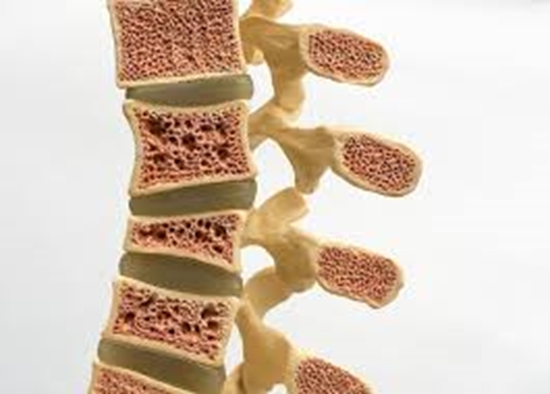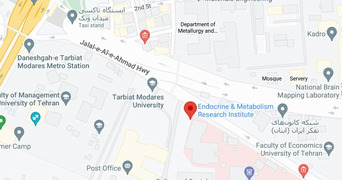The lower basal metabolic rate is associated with increased risk of osteosarcopenia in postmenopausal women
The goal of this study is to clarify clinical, functional, and biochemical features of postmenopausal women who are at risk of developing osteosarcopenia.

Methods
This is a cross-sectional study undertaken to investigate the co-accordance of osteoporosis and sarcopenia and common risk factors on 305 postmenopausal Iranian women. Sarcopenia and osteoporosis were defined based on the European Working Group on sarcopenia in Older People guidelines and WHO criteria, respectively. Confounding factors including age, menopausal age, obesity, sun exposure, physical activity, macronutrient composition, and calcium and vitamin D supplementations were considered for all participants. A multivariate model was used to consider the common risk factors of both disorders; osteoporosis and sarcopenia.
Results
The mean age was 57.9 years ± 6.0 SD (range: 48–78 years) and 37.4% of patients were 60 years or older. Among all participants, 35.7% were obese (BMI ≥ 30 kg/m2). Approximately 45% of all the study population had insufficient physical activity and at least half of participants had insufficient intake of protein. There was a significant correlation between bone density and muscle mass and basal metabolic rate (BMR) (p < 0.01). In multivariate-multivariable regression model, after Bonferroni correction for obesity, lower BMR was the only one associated with both lower muscle mass and bone density in lumbar and hip sites (p < 0.007).
Conclusions
Our data suggest that low BMR might be an early predictor for concordance of osteoporosis and sarcopenia in postmenopausal women.





ارسال نظر